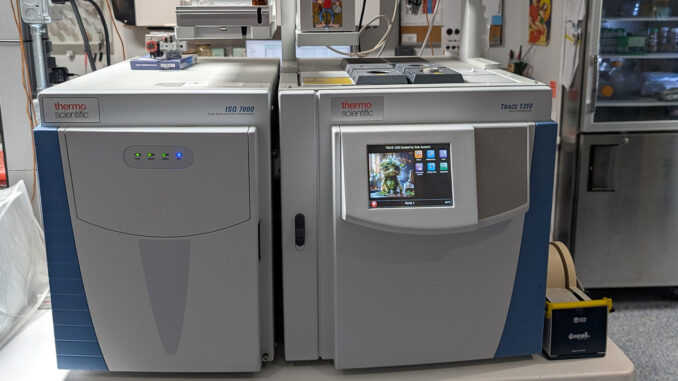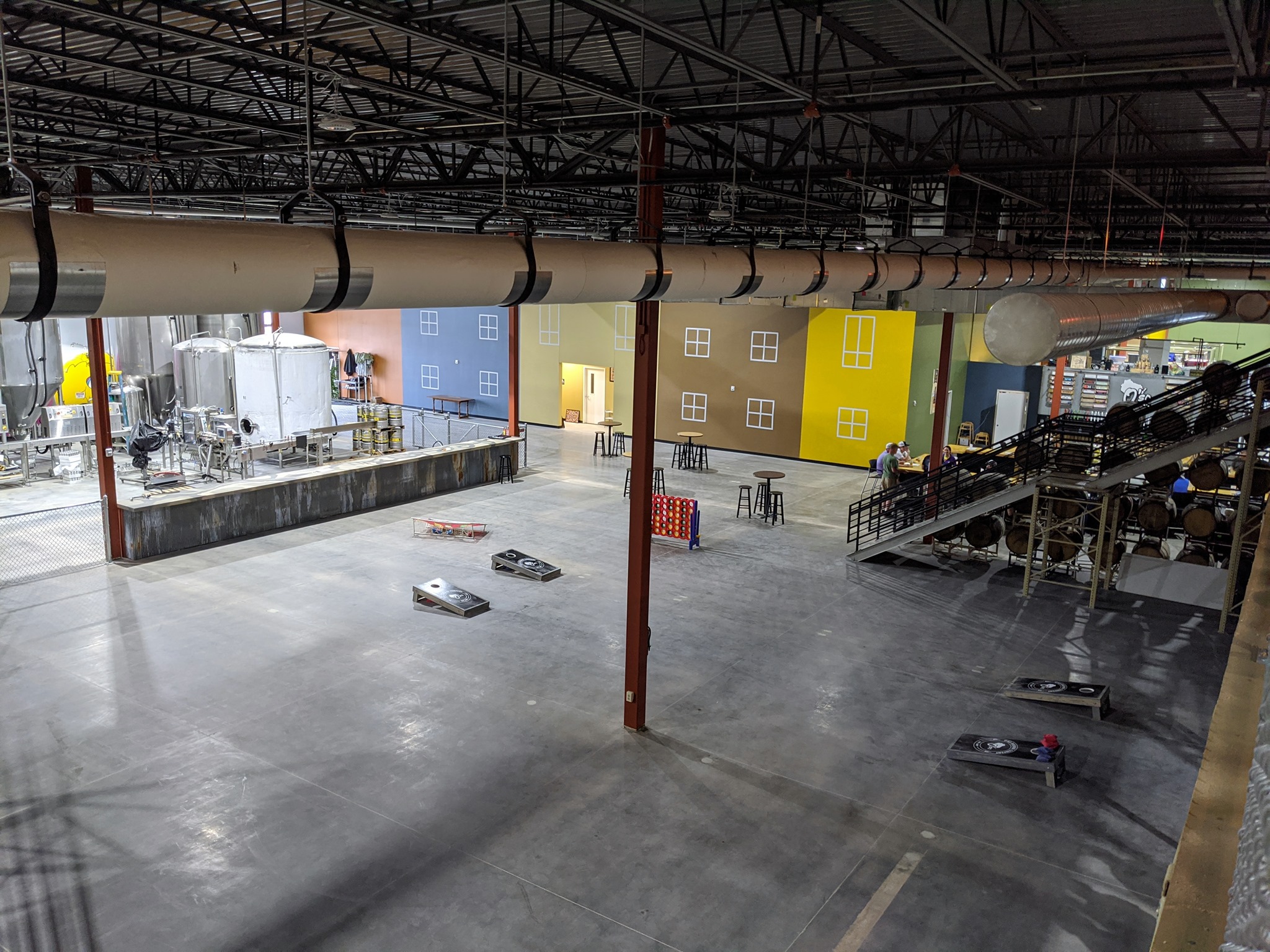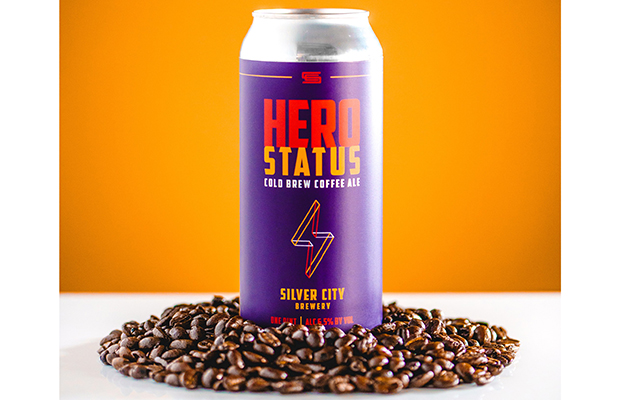
Creature Comforts Brewing Co. has built a reputation for precision and intentionality in its beer, and now that extends deep into its lab after a new purchase.
Director of Quality Daniel LePage says the brewery’s investment in mass spectrometry has changed the way it approaches every part of the brewing process. That process spans from raw ingredient evaluation to recipe development, which helps by replacing educated guesswork with data-driven certainty.
“Mass spectrometry has allowed us to have incredibly precise, quick, and relevant data for decision making,” LePage said. “Sensory analysis can tell us a lot, but it doesn’t tell us exact amounts or trends.
“By following certain compounds over time, we can make predictions based on trends and know exactly when or how to address something, rather than simply knowing it might be a problem.”
A mass spectrometer is able to take a small sample of beer, yeast, or hops and break it down to see exactly what’s in it and how much of each compound is present. It can measure the mass of different molecules and can detect them in extremely tiny amounts, even when human senses can’t pick them up.
For Creature Comforts, that means it can tell what specific aroma compounds, off-flavors, or chemical markers are in a beer, hops, or yeast sample and whether they’re at the right levels. Instead of guessing why a beer tastes a certain way, the Georgia brewery can see the invisible chemical fingerprints that cause those flavors, then adjust their process with scientific precision.
That shift has translated directly into both efficiency and product consistency. While sensory panels remain part of the process, LePage said data now backs up what the team tastes.
“Sensory is fantastic but can also lead to ‘murky’ data,” he said. “People might like or dislike something, but it can be hard to find the vocabulary to describe why. By using mass spectrometry, we’ve identified certain beneficial and detrimental characteristics in new products and created targets accordingly.
“Having those precise targets then allows us to create a much more consistent, predictable, and enjoyable product.”
The investment that Creature Comforts made by purchasing tools from Thermo Fisher Scientific also carries clear business benefits. Beyond improving precision in recipe development, it prevents waste before it happens.
Mass spectrometry has become increasingly valuable as ingredient variability grows due to climate change and supply disruptions. The tool allows Creature Comforts to spot variations both in incoming materials and in how those variations affect fermentation.
“We’ve been able to be incredibly precise with our product development, going so far as targeting — to the ppb — certain aroma characteristics,” LePage said. “Advanced tools can measure things below human sensory threshold, and so we’re able to track and predict issues long before we ever have to consider dumping a batch.”
“Mass spectrometry allows us to see both shifts in raw ingredients, by measuring hops directly, for example, and also shifts in fermentation that can be caused by raw ingredients,” LePage said. “This allows us to be incredibly predictive on where or how issues might be arising from shifting raw materials.”
That level of visibility has even influenced the company’s supplier relationships. With detailed chemical data in hand, LePage and his team can now have informed discussions with hop suppliers about post-harvest handling and storage.
“We can measure certain defects in hops that arise over time — isovaleric acid being the big one; this can make beer taste like cheese — and use that data to negotiate how our hops are handled after harvest as well as how they’re stored and shipped,” he said.
The hardest part of implementing these tools was that LePage said they were incredibly new to the world of mass spectrometry. He credited Thermo Fisher Scientific with providing training and support during the transition, though the focus now is entirely on how the data empowers brewing decisions, not on the tool itself.
In practice, the technology’s influence can be seen in everything from sustainability improvements to flagship releases and more.
“We’ve been able to make incredibly fine adjustments to our boil procedures using mass spectrometry, which has equated to saving time, natural gas, and the associated carbon releases,” LePage said.
Recently, they also used mass spec to help develop the company’s new light lager, Classic City Light.
READ MORE: Creature Comforts Launches Classic City Light In Time to ‘Light’ Up Sanford Stadium
“The flavors of that beer are incredibly delicate, and mass spectrometry was central to creating our internal targets and also in deciding exactly how that beer is fermented to create the aromas we’re looking for and none of them that we don’t,” he said.
The payoff of integrating analytical precision into the art of brewing isn’t just for better data; it means better beer made with greater control and less risk.







Be the first to comment